Rare Tea Farm Profile
Amba Estate
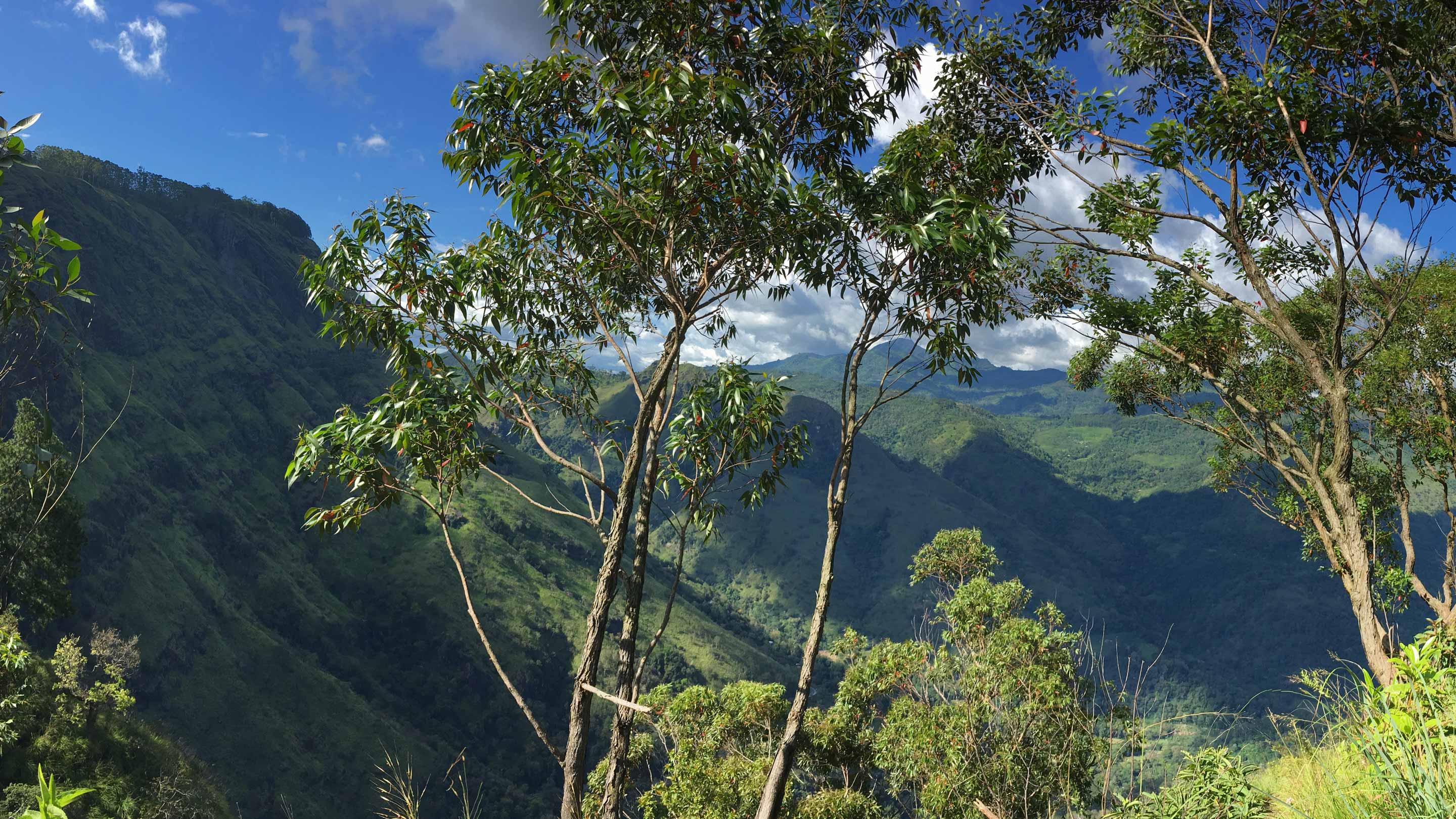
Uva Highlands, Sri Lanka
-
Farm Name: Amba
Country: Sri Lanka
Location: nestled in the Uva Highlands above the Ravana Waterfalls
Where in the country: central-southern Sri Lanka
-
Coordinates: 6°49'59.0"N 81°03'23.2"E
Closest Town: Ella
Altitude: 1,000 – 1,200m
Farm Size (ha): 120ha in total, 30ha of tea spread over 11 fields
-
Owners: Simon Bell, John Roegner, Orzu Matyakubova, Charles Conconi
Head Teamaker: Neethanjana Senadheera
Number of Employees: 20 and 20+ out growers
Products: handcrafted black teas, lemongrass, butalso fruits & vegetables, spices, honey and homemade jams
-
Cultivar: 110-year-old Sinensis bushes grown from seed
Harvest Season: all year around
Approx. annual production: 720kg
Extract from Infused:
"During the civil war in Sri Lanka, which lasted more than twenty-five years, from 1983 to 2009, some of the tea estates were abandoned. It was considered too difficult to operate in a country torn apart by civil unrest. Communities dependent on tea were abandoned. When peace finally came, the aid agencies, non-profit organisations and various advisors moved in to help rebuild. One of those was Simon Bell, the man behind Amba. He put his money where his mouth was, and rather than just pontificate he bought a farm and tried to establish a new model for sustainable development…"
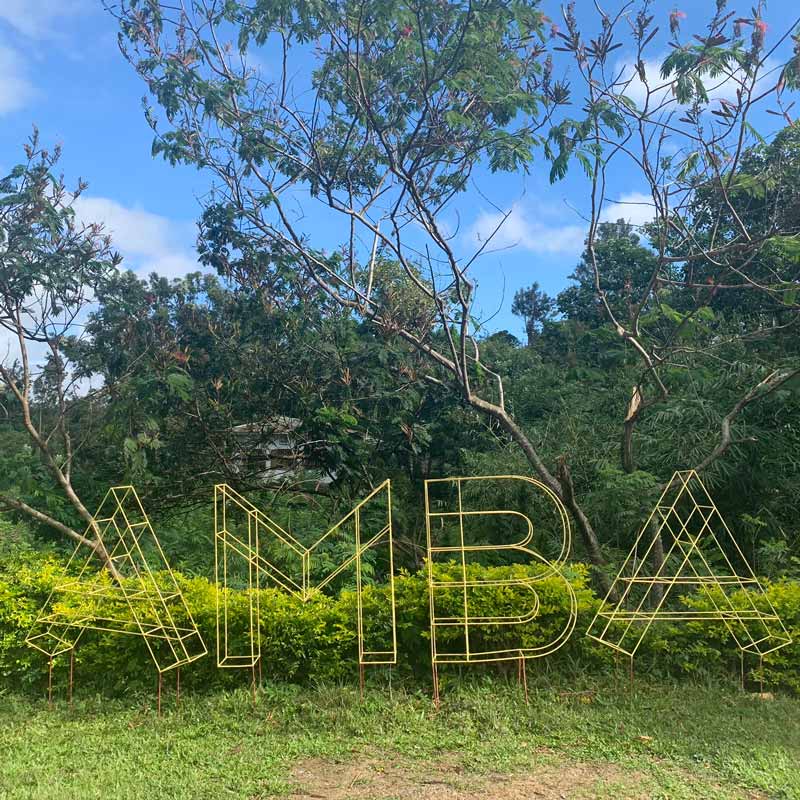
By regenerating Amba Simon hoped to revive both the land, and the lives of the people that lived there.
Employees at Amba receive fixed salaries set at almost three times more than most people working in the tea industry. These wages are further supplemented by a 10% revenue (not profit) sharing scheme, putting every employee at the centre of what Amba does and achieves.
1% of this shared revenue is put aside in savings for the employee, acting as an insurance scheme that can be utilised should they need anything, such as medical care.
With good wages and skilled jobs, Amba hopes to provide long term employment for as many people as possible. They also share knowledge with other neighbouring small holders to educate and encourage other tea and herb farmers to adopt organic farming practices. This will allow them to achieve higher prices for their harvests while contributing to the biodiversity of the region.
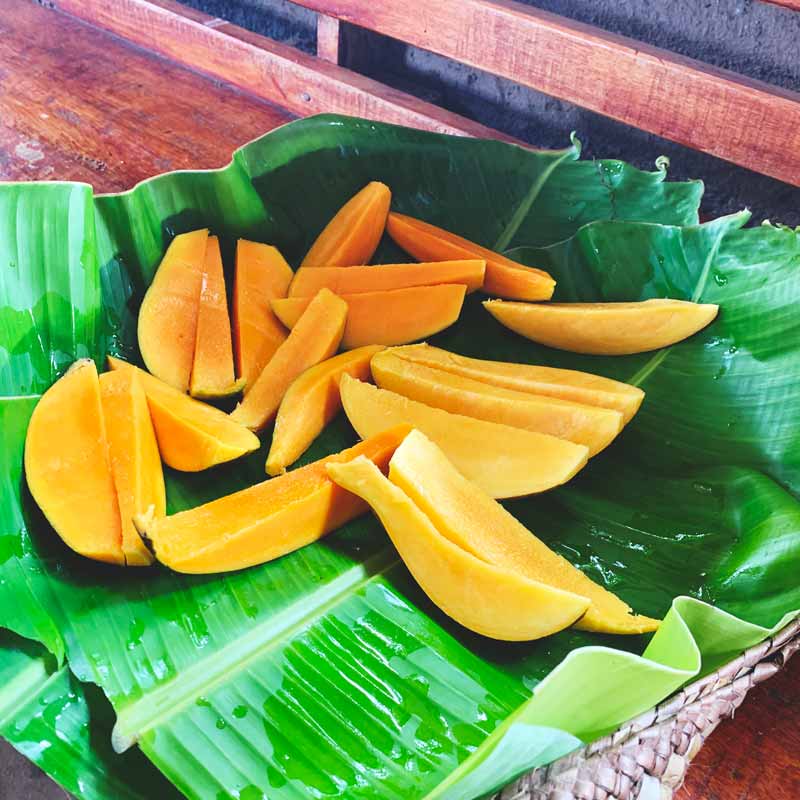
Taking advantage of all the surrounding resources allows the farm to employ people with an array of skills beyond producing tea. Jams for example, are made from fruit grown on the farm.
These are then served in the guesthouses and sold in their farm shop alongside other local produce. Sales from the farm shop are then designated for employees as bonuses.
Amba has been organically certified since 2009.
Much of this land is fertilised by Amba’s own herd of rescue cows that are themselves fed by this incredibly biodiverse terrain. These tea bushes, free of pesticides and chemical fertilisers, are then plucked by hand.
The trees used for shading across the fields are called “Glyceria” which are known to add nitrogen into the soil and therefore act not only as shade providers, but also as an organic fertiliser.
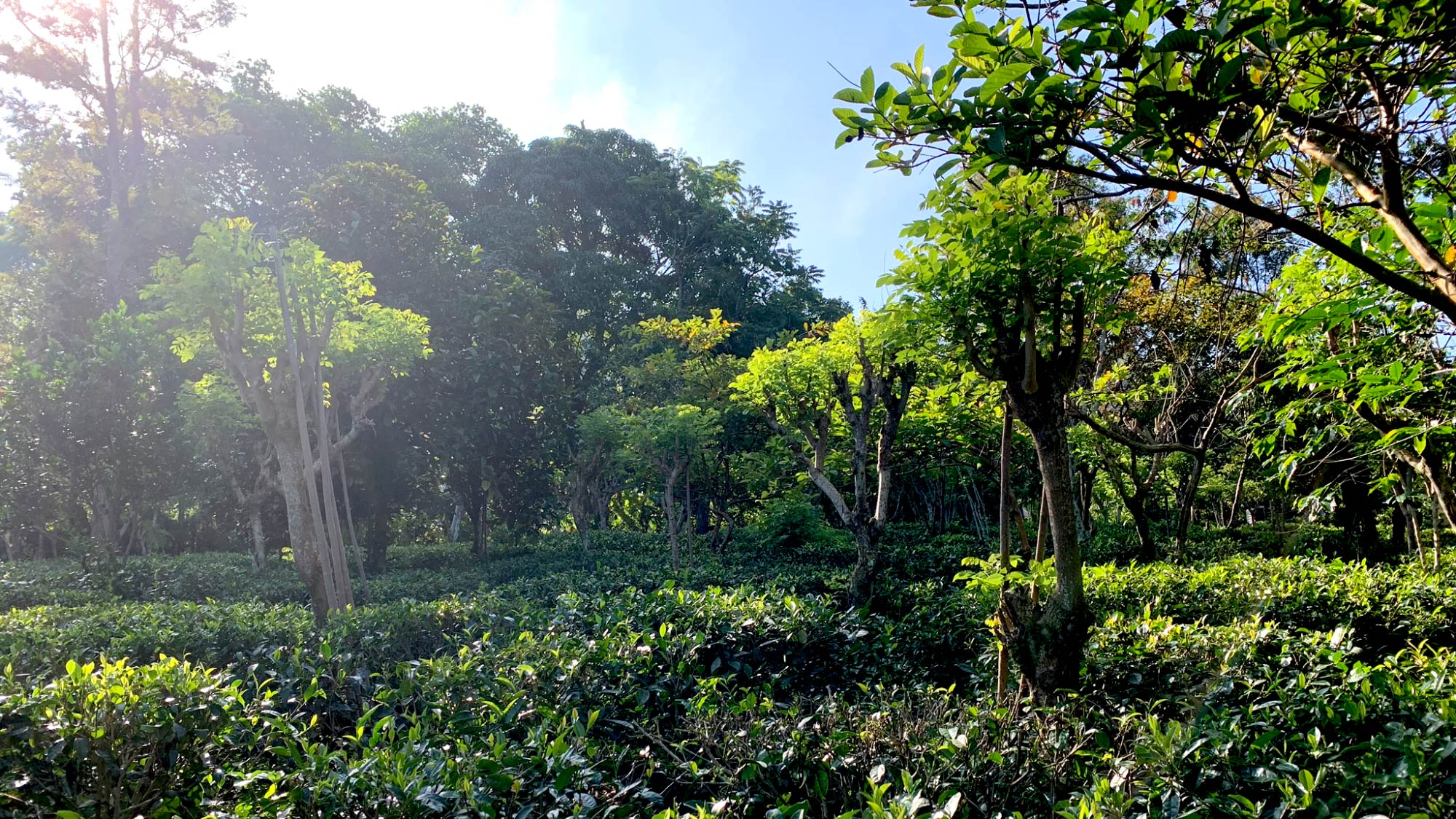
While most high quality teas require plucking two leaves and a bud, Amba goes one step further, with pluckers just selecting the first single leaf and a bud. This meticulous process means Amba produces almost five times less tea than many tea gardens in Sri Lanka each day, but this level of care results in the most sweet and delicate teas.
The same care and dedication goes into their lemon grass. Carefully hand harvested, sun dried and hand cut.
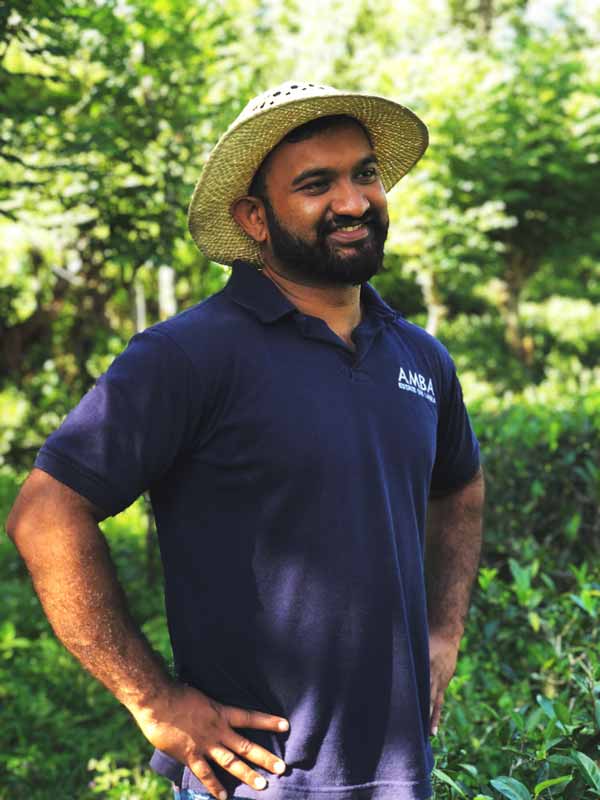
Neethanjana (head teamaker) joined Amba Estate in 2011 with the aim of finishing his university research (Sociology, Anthropology & Criminal Science) in the field of Tamil & Sinhalese integration in the workplace.
He finished his research but had already fallen in love with the concept of Amba – providing opportunities for the community he grew up in – so he stayed.
There are 15 guest rooms for visitors. Guests can stay in the old main farmhouse, the separate Clove Tree Cottage or line rooms (previous workers accommodation).
The meals are cooked with the produce from the farm, you can roam around the gardens, join daily tea tours, read a book in the hammock, go on hikes, swim in natural pools or climb Ella Rock.
Our range of tea & herbs from Amba
-
 Caffeine Free
Caffeine FreeHimalayan Ginger & Lemongrass
Regular price From £8.99Regular price£0.00 £0.22 per cup£0.00Sale price From £8.99 -
 Caffeine Free
Caffeine FreeSri Lankan Lemongrass
Regular price From £5.99Regular price£0.00 £0.13 per cup -
 Caffeine Free
Caffeine FreeLemon Blend
Regular price From £7.99Regular price£0.00 £0.21 per cup















